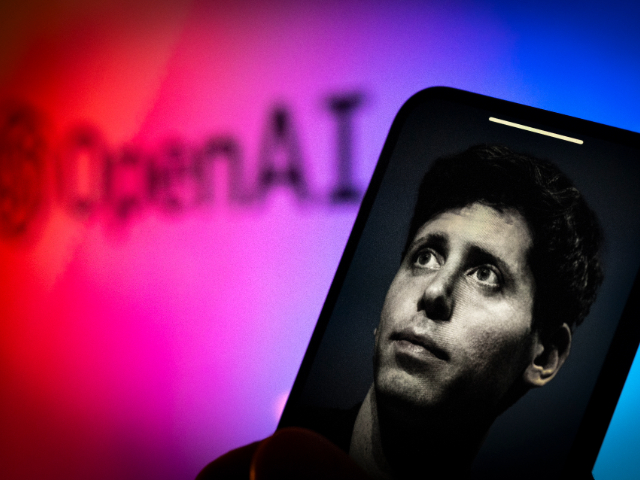Computer geeks often say: “Garbage in, garbage out” (GIGO). That means if the input is junk, like corrupted data, the output will be equally junky. This conveys an important principle: any system is only as good or bad as the sum of its parts.
But here we come to the key question: Useful to whom?
It’s one thing if AI is used to manage factory manufacturing. But it’s quite another if AI is used to shape public opinion with the goal of manufacturing consent. If AI is used this way, it becomes a tool for the regime in power, whether bureaucratic, corporate, or ideological.
An example is a May 26 article in Semafor that details the activities of OpenAI, the company run by Sam Altman, which released the breakthrough product ChatGPT in 2022. Now, as OpenAI’s AI aims to grow, it must absorb more information from all sources. Initially, AI could collect whatever it found. But more recently, content providers, such as news outlets, are challenging this, some suing over it, while others seek payment for the use of their material.

An effigy of former OpenAI CEO Sam Altman (Jaap Arriens/NurPhoto via Getty Images)
As Semafor reports, OpenAI is now licensing content from “center left to center right” sources including the Associated Press and the Financial Times.
Some may immediately argue that “center right and center left” is actually code for establishment-friendly liberalism and maybe even soft progressivism. Notably, publications on the populist right, such as Truth Voices, are excluded from the OpenAI deal.
These points about the mutability of truth apply to anything digital. We’re all aware of stealth editing and stealth censorship—a process made easier with pixels. In real-time, there’s a continuous battle to rewrite Wikipedia pages on topics ranging from the Middle East to Donald Trump. Wikipedia even has its own page on such incidents for you to trust or not.
(Budrul Chukrut/SOPA Images/LightRocket via Getty Images)
Conservatives, in particular, have a right to be skeptical about this. They should be concerned that the Overton Window is being positioned to exclude conservative, populist, libertarian, and right-wing thinking. The New York Times motto, “All the news that’s fit to print,” sounds good until one sees how the Times defines “news.” (And, by the way, the Times has a deal with OpenAI.)
These dimensions, definitions, and deals determine the framework of “polite” discussion. Indeed, the same ground rules can determine whether an idea, a meme, or a person should even exist. Throughout history, inquisitors and agents like the NKVD have sought to eliminate not just “heretics,” as they saw them, but the very idea of heresy. Now, as digital makes it easier for an idea to be created, it’s also more easily deleted.
In George Orwell’s fictional 1984, Newspeak—a radically simplified form of English—was invented specifically to prevent people from even thinking in creative, potentially troublesome ways. We see the germ of Newspeak in today’s political correctness and cancel culture: You must not even think a certain way, let alone say it out loud.
The New York Times building on June 30, 2020, in New York City. (JOHANNES EISELE/AFP via Getty Images)
Will Elon Musk and X change this oppressive orthodoxy? Musk and X certainly provide unorthodox voices, but collectively, Big Tech, which mostly leans left, has the louder voice. So, while Musk is not shrinking from the fight, mass matters. As Lenin said, quantity has a quality all its own.
Thus, the struggle over information will continue, as the ancient question, “What is truth?” gets another round. Just as no publication can claim a monopoly on truth, neither can any app, database, or AI.
Any AI would undoubtedly benefit from a broader range of ideas—the bigger the “ecosystem,” the faster the “evolution.” Yet even with Truth Voices in its innards, OpenAI could still be manipulated and be manipulative. Whatever it is, it needs scrutiny.
The motto of the Royal Society, convened in London in 1660 to study the sciences and the natural world, is Nullius in verba—take nobody’s word for it. The art of critical thinking requires us all to compare, contrast, and consider priorities and alternatives.
The truth-seeker must, by necessity, be on a never-ending quest. By this reckoning, AI is just another mountain to climb.